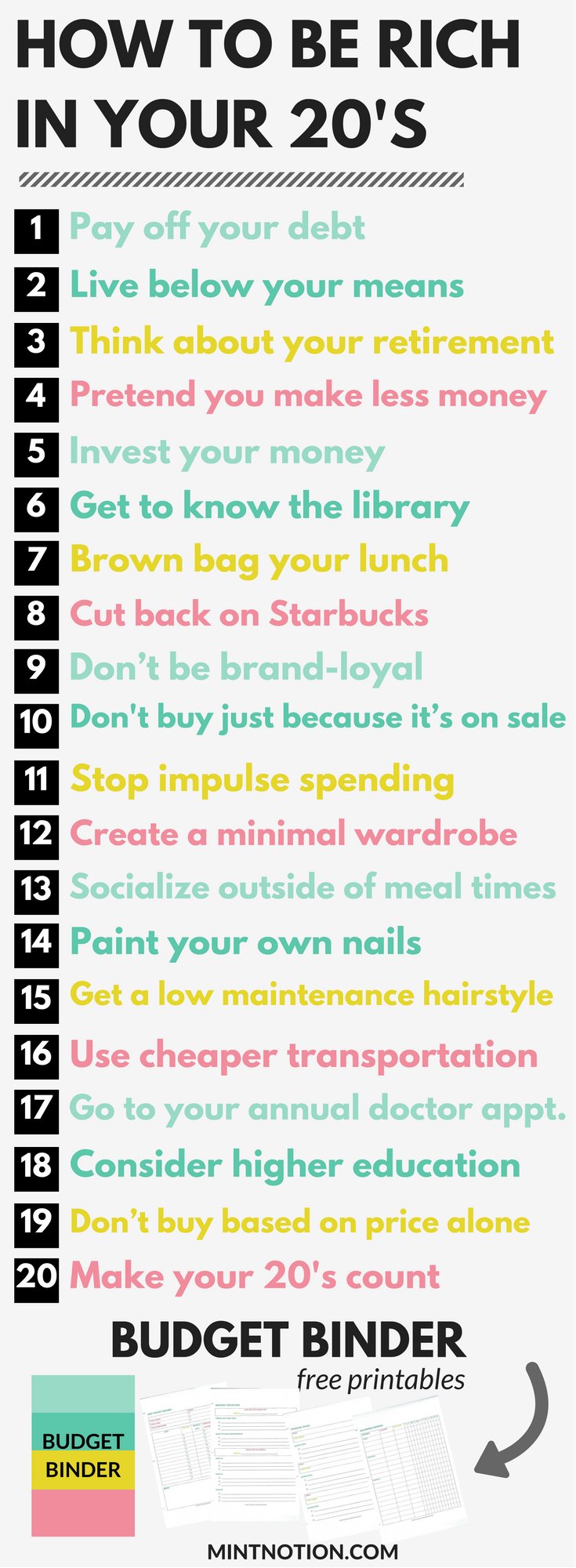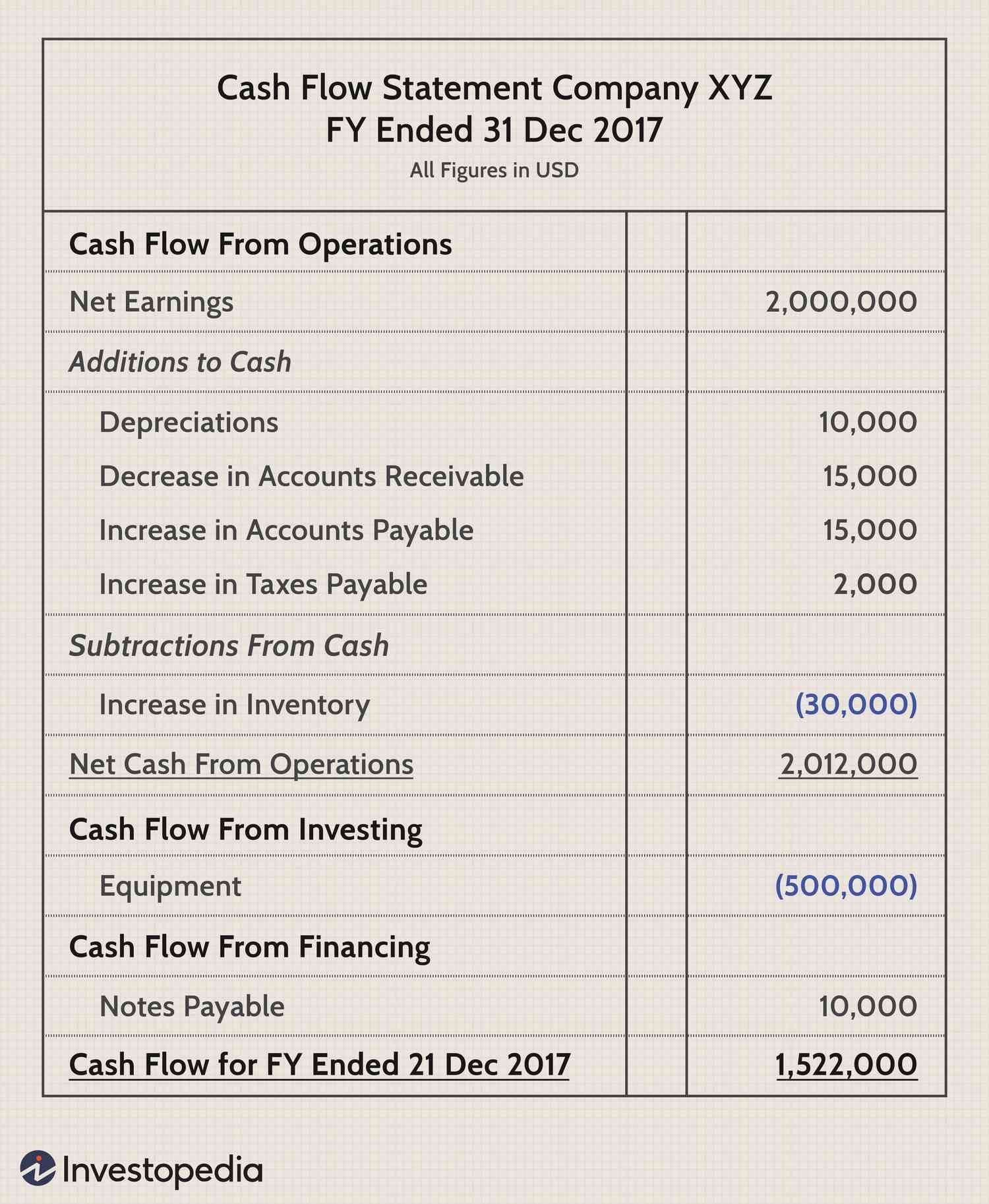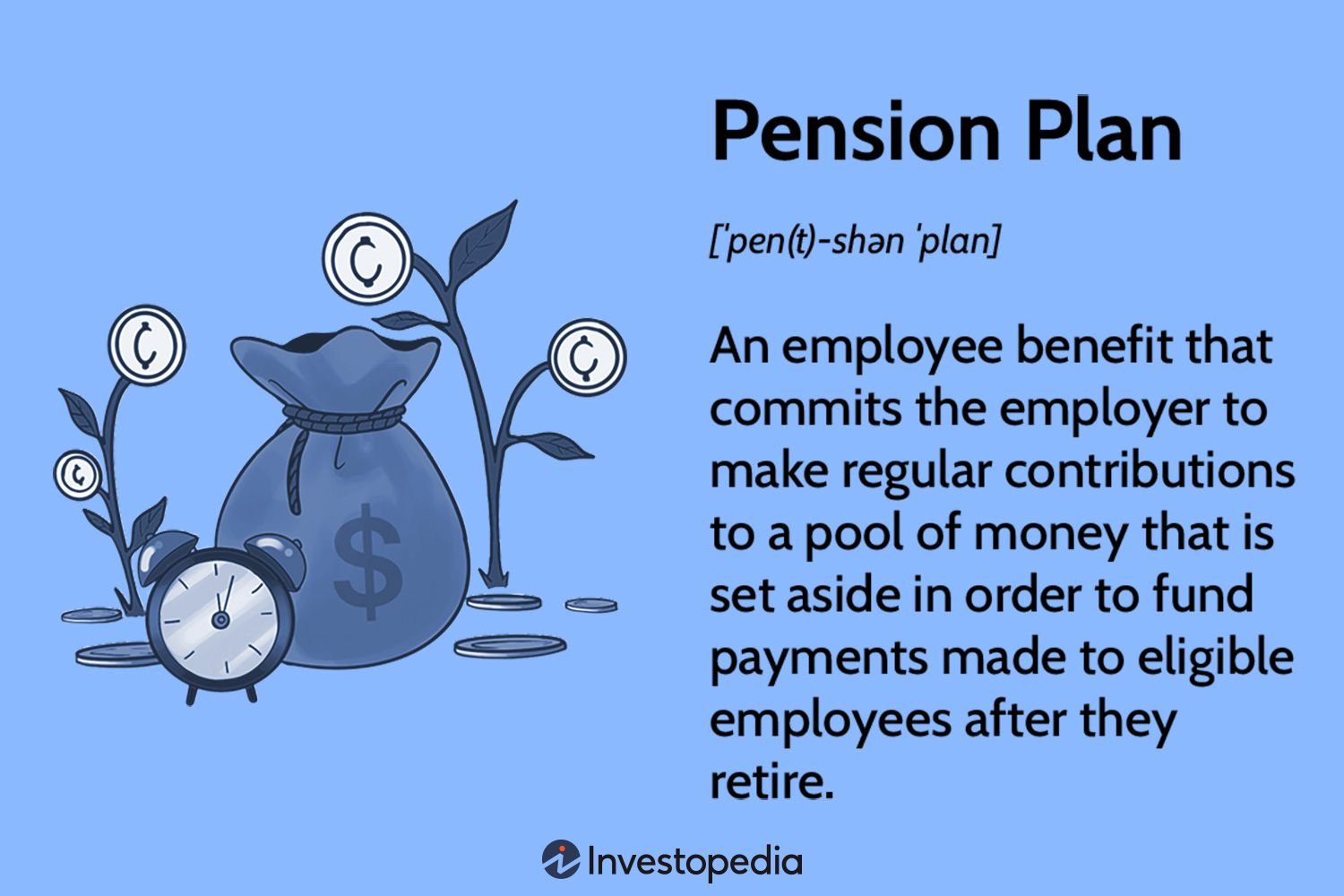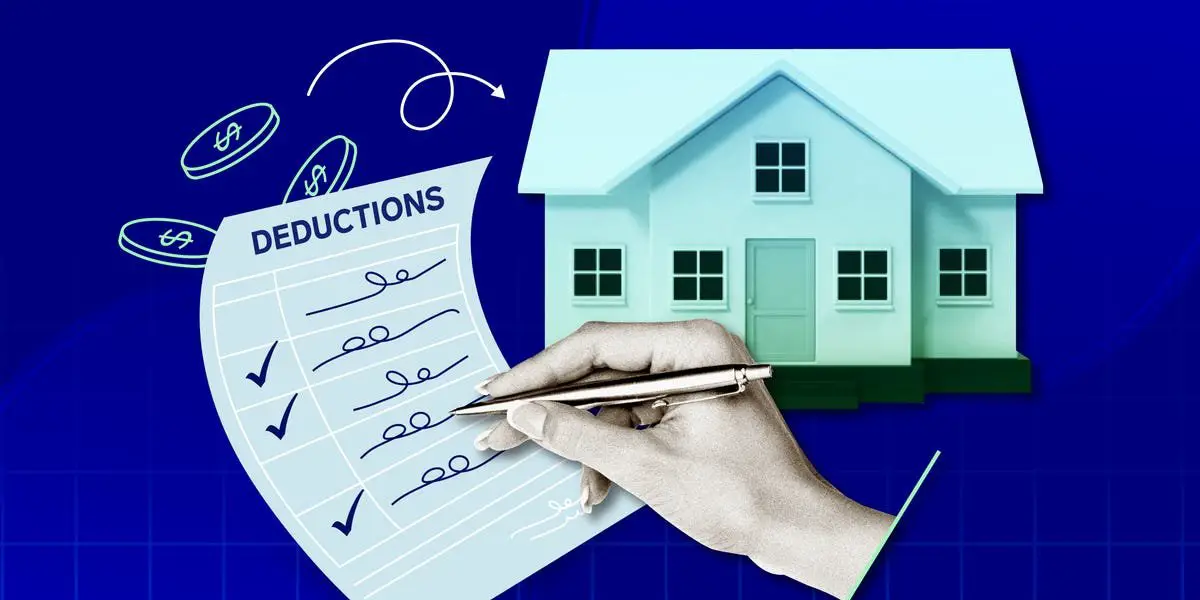Are you in your twenties and feeling overwhelmed by debt? Don’t worry, we’ve got you covered! In this article, we will share some valuable tips for debt management in your twenties. Because let’s face it, being in your twenties is an exciting and transformative time, but it can also be financially challenging. It’s crucial to establish healthy financial habits early on and take control of your debt. So, if you’re ready to tackle your debts head-on and pave the way for a brighter financial future, keep reading!
Tips for Debt Management in Your Twenties
Welcome to your twenties, a time filled with new experiences, opportunities, and challenges. One of the challenges that many people face during this phase of life is managing debt. Whether it’s student loans, credit card debt, or other financial obligations, debt management can be overwhelming without a plan. In this article, we will explore some essential tips to help you navigate through your debt and build a solid financial foundation for the future.
1. Assess Your Debt
The first step in managing your debt is understanding the full extent of it. Take the time to gather all your financial statements, credit card bills, student loan documents, and any other debt-related information. Make a list of each debt, including the outstanding balance, interest rate, and minimum monthly payment. Having a clear picture of your debt will help you prioritize and create an effective repayment strategy.
2. Create a Budget
A budget is a powerful tool that allows you to take control of your finances. Start by calculating your monthly income and subtracting essential expenses such as rent, utilities, and groceries. Allocate a portion of your remaining income towards debt repayment. Set realistic spending limits for discretionary expenses like entertainment and eating out, and be disciplined about sticking to them. A well-planned budget will help you allocate funds towards debt repayment while still allowing you to enjoy your twenties.
3. Prioritize High-Interest Debts
When it comes to debt repayment, focusing on high-interest debts should be a top priority. These debts cost you more money in the long run due to compounding interest. Determine which debts have the highest interest rates and direct any additional funds towards paying them off. By tackling high-interest debts first, you can save a significant amount of money on interest payments and speed up your overall debt repayment process.
4. Consider Debt Consolidation
If you have multiple high-interest debts, consolidating them into a single loan with a lower interest rate can be beneficial. Debt consolidation simplifies your repayment process by combining all your debts into one manageable monthly payment. This approach can also potentially lower your overall interest expenses, making it easier to become debt-free. However, make sure to carefully consider the terms and conditions of any consolidation loan, seeking professional advice if needed.
5. Negotiate Lower Interest Rates
Don’t be afraid to negotiate with your creditors or lenders to lower the interest rates on your debts. Contact them directly and explain your situation, highlighting any positive changes in your financial circumstances. Many credit card companies and lenders are willing to negotiate if they believe it will increase the likelihood of repayment. A lower interest rate can significantly reduce the total amount you owe and make it easier to pay off your debt faster.
6. Explore Debt Repayment Strategies
There are several effective strategies for debt repayment that you can consider:
- Snowball Method: Start by paying off your smallest debt first, while making minimum payments on other debts. Once the smallest debt is paid off, take the amount you were paying towards it and apply it to the next smallest debt. Repeat this process until all your debts are paid off.
- Avalanche Method: Prioritize your debts based on the interest rates. Start by paying off the debt with the highest interest rate while making minimum payments on the others. Once the highest interest debt is paid off, move on to the next highest interest debt. This method saves you more money on interest payments compared to the snowball method.
- Debt Management Programs: If you are struggling with multiple debts, you may consider enrolling in a debt management program. These programs work with your creditors to negotiate lower interest rates and develop a structured repayment plan. However, be cautious when selecting a program and do thorough research to ensure it is reputable and suits your needs.
7. Build an Emergency Fund
Having an emergency fund is crucial for financial stability. A sudden expense or unexpected event can lead to more debt if you don’t have savings to rely on. Aim to save at least three to six months’ worth of living expenses in an easily accessible account. Start small if necessary and gradually build up your emergency fund over time. Prioritize contribution to this fund even while repaying your debts.
8. Increase Your Income
Boosting your income can accelerate your debt repayment journey. Consider taking up a side gig or freelance work to supplement your primary source of income. Use your skills and talents to generate additional revenue streams. Explore opportunities for career advancement, professional development, or salary negotiation to increase your regular income. The extra income can be directed towards debt repayment, helping you achieve your financial goals faster.
9. Avoid New Debt
While managing your existing debt, it’s important to avoid accumulating new debt. Be cautious with credit card usage and try to pay off your credit card balances in full each month. Create a habit of spending within your means and resist the temptation of impulsive purchases. If you need to make a big purchase, consider saving up for it instead of relying on credit. Staying disciplined and avoiding new debt will prevent your financial obligations from spiraling out of control.
10. Seek Professional Guidance
If you find yourself overwhelmed or unsure about your debt management strategy, don’t hesitate to seek professional guidance. Financial advisors or credit counseling services can provide personalized advice tailored to your situation. They can help you create a comprehensive plan, navigate complex financial situations, and provide valuable insights into managing your debts efficiently.
Remember, managing debt in your twenties is a vital step towards achieving financial freedom. By implementing these tips and staying committed to your goals, you can take control of your debt, build a strong financial foundation, and pave the way for a brighter future.
Major MONEY Milestones To Accomplish in Your 20s!
Frequently Asked Questions
Frequently Asked Questions (FAQs)
How can I manage my debt in my twenties?
Debt management in your twenties is crucial for your financial stability. Here are some tips and strategies to effectively manage your debt during this stage of life.
1. Is it important to create a budget?
Yes, creating a budget is essential for debt management in your twenties. It helps you track your income and expenses, allowing you to allocate funds towards debt repayment.
2. Should I prioritize paying off high-interest debt first?
Yes, it is advisable to prioritize paying off high-interest debt first. By focusing on clearing these debts, you can save money on interest payments and reduce your overall debt burden.
3. Can I negotiate with creditors to lower interest rates?
Yes, it is possible to negotiate with creditors to lower interest rates. Contact your creditors directly and explain your situation. They may be willing to work out a repayment plan with reduced interest rates.
4. Should I consolidate my debts?
Consolidating your debts can be a helpful strategy to manage them efficiently. It involves combining multiple debts into a single loan with a lower interest rate, making repayment more manageable.
5. What are some effective strategies for reducing expenses?
To reduce expenses, you can consider cutting unnecessary subscriptions, eating out less, and finding alternative ways to save on utilities. Additionally, shopping smartly, and using budgeting apps can help in tracking and controlling your expenses.
6. Can I still save money while managing debt?
Absolutely! It is important to save money even while managing debt. Start by setting up an emergency fund to cover unexpected expenses. Aim to save a small portion of your income regularly, even if it’s a modest amount.
7. Should I seek professional help for debt management?
If you’re struggling with debt, seeking professional help can be a wise decision. Credit counselors or financial advisors can provide guidance, help negotiate with creditors, and assist in creating a personalized debt management plan.
8. How can I avoid accumulating more debt in the future?
To avoid accumulating more debt, focus on developing healthy financial habits. Set financial goals, practice disciplined spending, and avoid impulse buying. Cultivate a savings mindset, and only borrow money when necessary and manageable.
Final Thoughts
In your twenties, managing debt can be a significant challenge. To ensure financial stability and set a strong foundation for the future, consider these tips for debt management. Firstly, create a budget and stick to it, prioritizing essential expenses and cutting back on discretionary ones. Secondly, avoid taking on unnecessary debts by carefully evaluating your wants versus needs. Next, tackle high-interest debts first, such as credit card balances, to minimize long-term costs. Additionally, establish an emergency fund to handle unexpected expenses and reduce the risk of accumulating further debt. Lastly, seek professional advice if needed, as there are various resources available to help navigate the complexities of debt management in your twenties.



